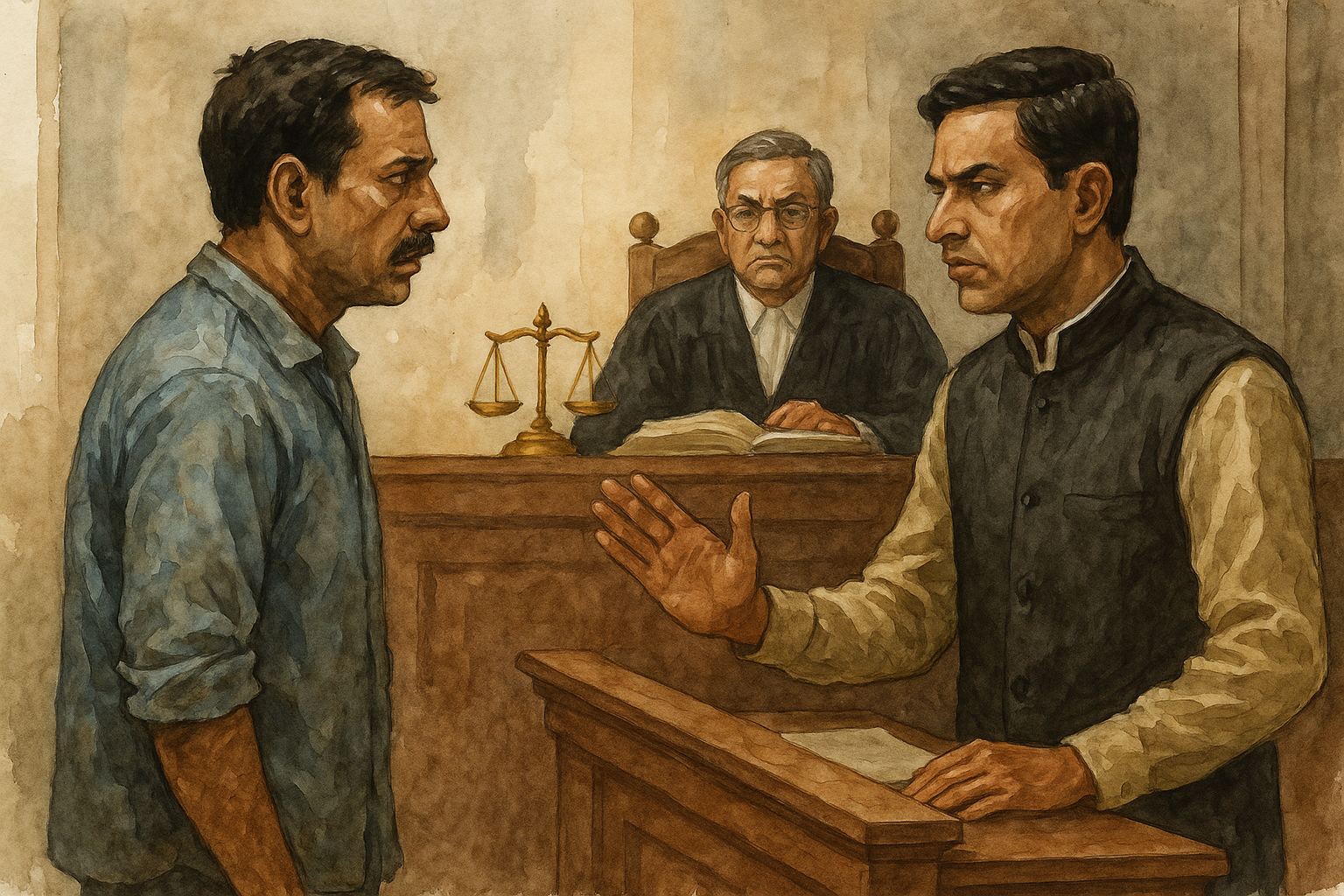Simplified Explanation of the Judgment
In this case, the petitioner, a registered Class-I contractor, was blacklisted by the Bihar Road Construction Department for a period of 15 years. The reason for this severe action was the alleged substandard execution of a road construction contract. The department found that the thickness of the constructed road was below the acceptable tolerance limits at certain spots. After a show cause notice was issued and later responded to by the contractor, the department found the reply unsatisfactory and proceeded with blacklisting.
The contractor challenged this decision before the Patna High Court, arguing that the show cause notice did not meet the requirements of natural justice. Specifically, the notice failed to clearly inform the contractor of the consequences of failing to provide a satisfactory explanation, such as the possibility of being blacklisted. This, the petitioner claimed, rendered the notice invalid.
The petitioner’s counsel relied on the Supreme Court’s judgment in Gorkha Security Services v. Government (NCT of Delhi) (2014) 9 SCC 105, which laid down that a valid show cause notice must (1) clearly state the grounds for proposed action and (2) specify the penalty or consequence being considered. The Court in Gorkha Security emphasized that unless the party is informed about the potential penalty, the notice fails the test of fairness under the principles of natural justice.
In the present case, the Patna High Court noted that while the notice did not explicitly mention the term “blacklisting,” it did mention that the contractor could face proceedings under the Bihar Contractors Registration Rules, 2007. The Court held this was sufficient to indicate the seriousness of the action being contemplated, especially since the department had already taken steps such as cancelling the agreement, encashing the bank guarantee, and assigning the remaining work to another agency.
However, the Court found merit in the second argument made by the petitioner — that a 15-year blacklisting was disproportionate to the alleged lapses, which occurred only at three specific spots. The contractor also argued that the inspection took place after the monsoon and without his knowledge, making the findings questionable.
Acknowledging that the punishment might be excessive, the Court refrained from overturning the blacklisting directly but provided a pathway for review. It directed that if the petitioner files an appeal before the Secretary of the Department, the matter should be reconsidered holistically. The appellate authority is to take into account all relevant facts, including allegations of bias, and provide a reasoned decision within 60 days. Furthermore, the authority must consider whether the blacklisting should be deferred until a final decision is made in a related tribunal case (Case No. 129 of 2009).
Significance or Implication of the Judgment
This judgment serves as a cautionary guideline for government departments when issuing punitive actions such as blacklisting. It emphasizes the need for transparency, procedural fairness, and proportionality in administrative actions. For contractors and other private entities involved in public projects, the case reaffirms that legal remedies are available when decisions appear arbitrary or excessive.
It also encourages the use of internal departmental appeal mechanisms before approaching the court, thereby promoting institutional accountability. Government authorities must now ensure that show cause notices clearly communicate possible consequences to avoid legal invalidation.
Legal Issue(s) Decided and the Court’s Decision
- Whether the show cause notice was legally valid despite not explicitly mentioning blacklisting as a potential consequence
✔ Held valid — Because the notice referred to proceedings under Bihar Contractors Registration Rules, 2007, it was deemed sufficient. - Whether the punishment of blacklisting for 15 years was proportionate to the alleged misconduct
✔ Requires reconsideration — The Court directed that the matter be re-evaluated through an appeal process. - Whether departmental authorities need to follow principles of natural justice in disciplinary proceedings
✔ Reaffirmed — Citing Gorkha Security Services, the Court reiterated the need for clear and fair notice.
Judgments Referred by Parties
- Gorkha Security Services v. Government (NCT of Delhi) and Others, (2014) 9 SCC 105
Judgments Relied Upon or Cited by Court
- Gorkha Security Services v. Government (NCT of Delhi) and Others, (2014) 9 SCC 105
Case Title
Star Build Max Pvt. Limited v. State of Bihar & Others
Case Number
CWJC No. 1127 of 2020
Citation(s)
2020 (1) PLJR 555
Coram and Names of Judges
Hon’ble Mr. Justice Ashutosh Kumar
Names of Advocates and who they appeared for
- Mr. Bindhyachal Singh, Advocate (for the petitioner)
- Mr. Kundan Kumar, Advocate (for the petitioner)
- Mr. Ranjeet Kumar, Advocate (for the petitioner)
- Mr. Chitranjan Sinha (PAAG 2) (for the respondents)
Link to Judgment
https://patnahighcourt.gov.in/viewjudgment/MTUjMTEyNyMyMDIwIzEjTg==-FmMfocU0gAQ=
If you found this explanation helpful and wish to stay informed about how legal developments may affect your rights in Bihar, you may consider following Samvida Law Associates for more updates.









